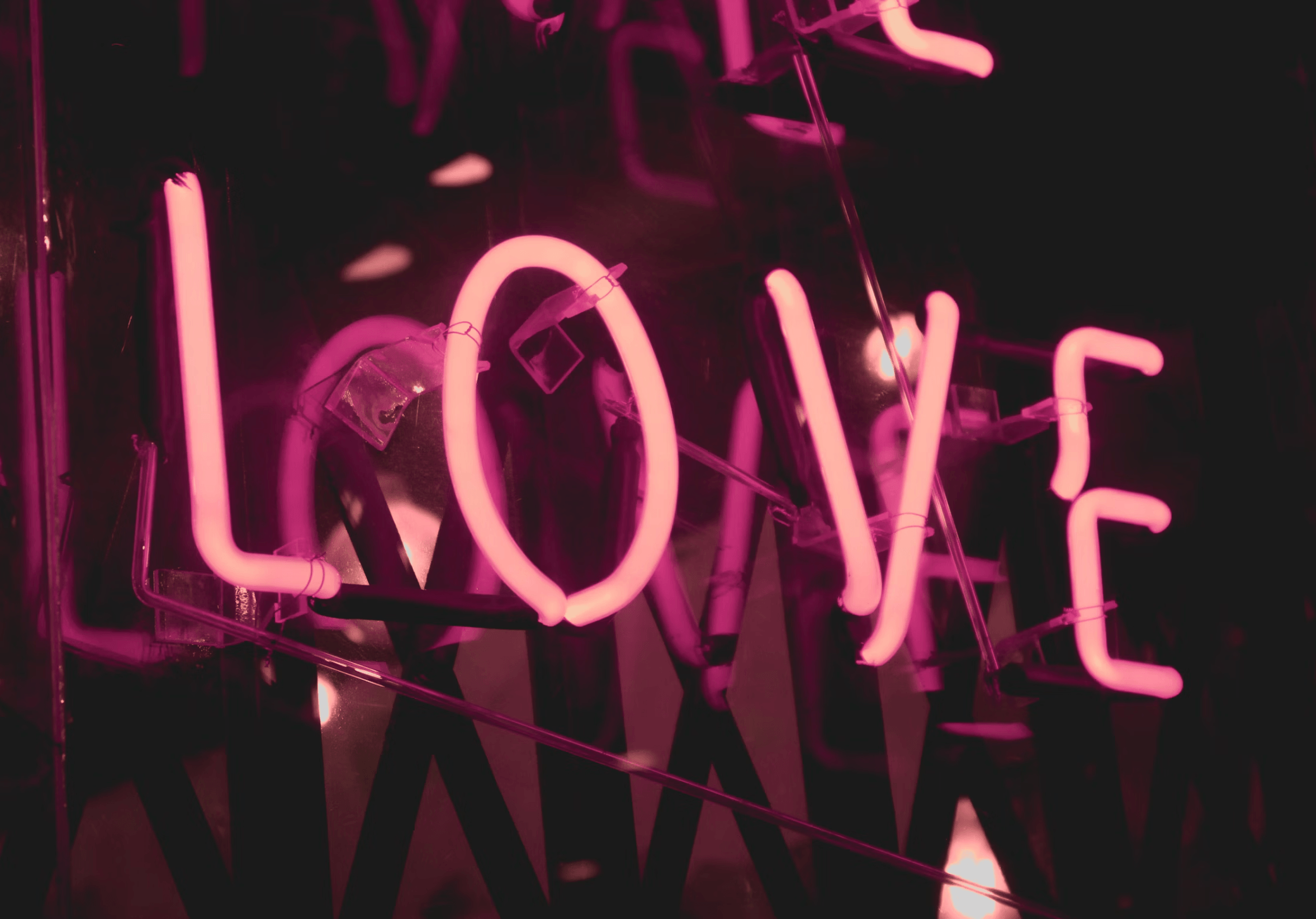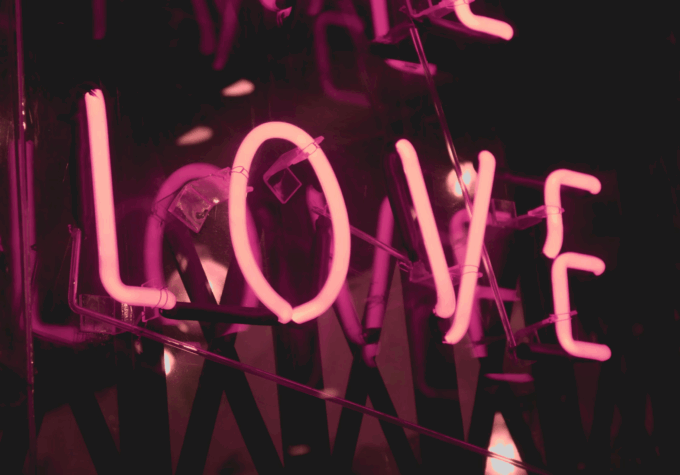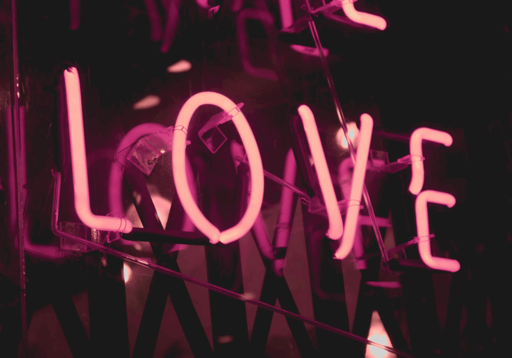

Photo by Shaira Dela Peña
Like James Baldwin, [Audre Lorde] thought social revolution required a reckoning of all relationships, including the individual’s relationship to herself….: ‘If our history has taught us anything, it is that action for change directed only against the external conditions of our oppression is not enough … we must recognise the despair oppression plants within each of us.’
–Audre Lord, quoted in review by Keeyanga-Yamahtta Taylor, LRB, October 2025
The believers in activism grow impatient with me…the idea of self-transformation… is… at variance with the perfect self-satisfaction of my class, the middle class…
–Matthew Arnold, Culture and Anarchy
“Italian worker, he think America is free countree, good countree—he think he make Italy be countree like America! He do not know what happen to poor wop in Massachusett, he not read in paper how Department of Joostice agent take poor seeck printer, torture heem, beat heem, to make him tell what Joostice agent want tell-ed!”
–Bartolomeo Vanzetti, speaking in Boston: A Documentary Novel, by Upton Sinclair
Currently Orin and I are reading Upton Sinclair’s “documentary novel,” Boston, about the anarchists Sacco and Vanzetti. For those who look at the record, that the two good men were executed for being anarchists, that is, for being on the side of the suffering working class in the cataclysmic labor struggles of that day, and not for the actual crime of which they were accused, cannot be in doubt. That they had found America to be a mean place, not entirely a “free countree, a good countree,” also cannot be in doubt. (Sinclair’s choice to replicate Italian English was risky. But reading the book aloud, as I’m doing, the choice feels right. If it seems demeaning, well, that’s exactly the point – does a person’s failure to speak the language like a native-born, let alone skin color or other signs of social inferiority, determine their right to respect?)
In the early 1960’s, in Rome, NY, a headline in the Daily Sentinel proclaimed a local man named Michael Jimenez to be “a Communist.” In fact, in 1939, he had been arrested and interned in the camp at Gurs, France, along with his father and brother for taking part in the republican insurgency in Spain. But in Rome, its pre-eminent employer Griffiss AFB, proud home of a B-52 bomber squadron, Jimenez’s s family lived under the taint of this label, as if it meant something other than simply being on the side of the poor and the working class against the ruling class. Few bothered to unpack the word, to understand what it was, its’ history, its original high idealism, etc. or even that it had largely lost its appeal to people on the left after Stalin had turned Communism into an autocracy. Was this just an instance of “the bad old days?” Or, looking how easily the word “socialist” is turned into an epithet in recent elections, or, living where I do, in upstate New York, and having no idea where I might go to hear Socialist ideas ( perish the thought of anarchist ideas!) in any kind of public space today, or in the mass media, can we agree little has changed?
A little after the denunciation of the good man as a Communist, in 1967, Orin, age 18 and a group of his teen-age friends involved in pot-smoking and LSD experimentation in that same city were arrested for “sale of an illegal substance.” The entire “crime” had been set up by a guy working with the police (a “narc.”) Most of the young people, with their parents’ help, were able to get off without serving jail time. Orin and David Jimenez, their families having no resources, Jimenez the son of an infamous Communist, were sent to jail to serve 2-year sentences. Coincidence?
Earlier in the last century, 1904 and 1920, in two separate trials here in Oneida County, Orin’s great-grandfather Francesco, who emigrated to Rome NY from Sicily in 1895, was a defendant accused of murders of which, pretty certainly, he was guilty. In both cases, Francesco, who had amassed some wealth in a short time in the banana trade, got off. Did he have a keener sense for American “joostice” than the idealistic Italians Vanzetti knew? Did he know that in order to be free, to attain the good life in America it did not hurt, and maybe it helped, to be someone with no compunctions about killing?
This America, the darker face from the one beamed at me via TV screen, in the white-washed pages of history texts and the provincialism of upstate NY, has fascinated me and driven my writing for many years now. Up until this fascination took hold, I was, though aesthetically discerning, apolitical like my parents who (until the 1960’s when my mother’s consciousness was raised), talked about politics if at all once a year at election time. Then, as a consequence of the 60’s, I came to admire activism and to believe in its causes, but without going very deep. In other words, it was for me, leftism was a kind of conformism. If you were raised as I was, in a good law-abiding family, it’s very very hard to dislodge the basic trust in the liberal context – call it wishful thinking.
History brings white middle class liberals to this point: We must stop consoling ourselves with knowing who the really evil people are: the Reagans, the Epsteins, the Kissingers, the Cheneys, the Trumps. This implies there’s such a thing as “good guys” – maybe not saints, but, well, who is? – and they just happen to be our side – the lesser evil Democrats. This kind of refusal is unconsciousness.
And as a matter of fact, since I mentioned “saints,” we must, as well, stop telling ourselves convenient lies about the people on the other end of the moral spectrum from the Evil Doers: the saints. I mean not just the anarchist saints on the Autonomedia calendar we kept on the wall at our Cafe, activists for social justice and freedom of expression, but even including the saints of religious tradition who were not activist as we think of it, but virtuous in obedience to a “Highest Good.” Saintliness can be opened up to the cause of liberation not limited to freeing oneself from politically-imposed oppression, but more importantly, and as well, freeing one’s soul (soul = power of imagination) from self-imposed despotism. Saintliness is a valid human choice to, in effect, simply not let oneself off the hook on complete identification with humanity’s oneness, in such a way that one discovers oneself included in that great connectivity, too conveniently referred to as God. This is the great mystical realization.
The fictional character in Sinclair’s book, Cornelia Thornwell, who provides the novel’s firsthand witness to Nicolas Sacco and Bartolomeo Vanzetti is a woman of Boston’s “Back Bay,” a “blue-blood” and a grandmother. Upon her husband’s death she adventures forth to find out how the working people live, and (this plot ploy demanded a bit of a stretch for my suspension of disbelief) moving in with, living and working with poor Italians. As she comes to know Bart Vanzetti, she calls him a “saint.” He cannot bear the suffering of another creature; Sinclair wanted us to see compassion was the motivation for “musta make propaganda,” the fateful activities which brought Vanzetti to the notice of authorities.
Vanzetti’s anarchism although he was an atheist, amounted to a a religious faith. Such deep identification with the suffering of another has no basis in scientific rationalism. At one point, an anarchist friend Cornelia meets in her travels in Europe says this to her: “So long as [the anarchist] is loyal, and risks his life for the cause, nothing he does can be repudiated…because he is a law to himself, and has a right to be that, and other anarchists proclaim that right. How can they control him? How can they refuse to stand by him?
Cornelia, who regularly chides her social class for their ignoring the tradition of radical activism in Boston history, responds: “That ought to frighten me, but we New Englanders were raised on that creed—we called it Transcendentalism.”
+++
What transcendentalism is, Lewis does not explain – at least not as far as I’ve read. And I surmise that very few who know the word and its association with that collection of 19th century New England radicals know what it is either, except as a philosophical term. But it was an interesting connection to make. It helps explain, for me, why transcendentalism was a significant movement and why such patently “mystical” nonsense gets to be lauded in a certain, limited way by admirers of Emerson, Thoreau, Bronson Alcott, Margaret Fuller and their friends. In effect, it established a foundation for an American tradition of anarchism, in the educated class, for what I’d like to call an “activist religion of love.” That more people have not flocked to the mysticism, but to the activism apart from its spiritual underpinnings, more’s the pity.
This lack of a higher obedience, a sense of what poet Robert Bly called “verticality,” has left us a nation that thinks of itself as intrinsically good – assuming “God sheds His grace on thee” – which makes an effective cover for engagement in actions and policies that, putting peoples’ interests last, are thoroughly evil. On the illiberal side, people are using Christian religious idealism to endorse America’s actions right or wrong; with God on their side, they have become unstoppable. With reasonableness and not much else on its side, lacking the energy that comes with connection to the roots of idealism in the soul, with transcendental experience, the left flails and flounders.
Whereas the religion of domination has an easy time taking up activism toward theocratic ends, the religion of self-transformation, the mystic realization “all-is-connected” – the seed concept at the base of transcendentalism – is also basis for activism – of resistance. Eastern religions which teach self-transformation are associated with passivity, unchanging social and economic conditions. But the resistance called for now, the one Emerson called for to unseat stultifying conformity and complacence (and fear), is to the oppression of souls – to becoming as machines, without possibility of the grace that enters consciousness via imagination and breaks through into enlightened liberal society.
The necessary basis for the resistance to machinehood is personal spiritual breakthrough; without it, people seek benightedly for salvation in tinkering with diet and exercise, with having strong opinions and oppositions at the horizontal, “sibling” level, bickering at each other in ways that are not much different or more substantive than Democrats vs. Republicans. This is existence as a “mechanism, an assembly of various sections.” (D.H. Lawrence) Enlargement by social media will not get one from machine to human. Other than finding a way to such an activist religion of love, what other chance have we got? But as well, who has time for self-transformation?
+++
Thoreau and Emerson did not have to make the case for the soul that I make today; over the last 175 years the in-common soul has suffered from enclosure like the commons in 18th century England. Ordinary people are denied its empowerment, convinced they have no choice but to get a job and limit their access to “enlarged” existence to using technology and accumulating material goods, i.e., by further enriching the ruling classes like in the bad old days of “the company store.”
Only if one can realize the internal conditions of oppression are planted within us as, and they are not escapable except by spiritual – imaginative – means – can machinehood – soullessness – be transcended. Liberation comes not just from shedding dogma but in celebrating – performing – the religion of love – Jesus’s religion*.* Not as martyrdom or self-obliteration for the sake of others, and not merely ethical, but transformative, allowing the life force in oneself its life. Then, see what happens. Can one then still conform to life under tyranny, blandly accepting the rewards for middle class bourgeois, continuously mediated existence? Or does that become something one somehow just cannot do any longer not only because one knows its underside engages in evil, but because of its complete disregard for joy?
Giving them their devil’s due, bourgeois lifeways give us a cushion against the darkness we sense but to which we have no wish to get closer. However, that “trust” we put in liberal politics or the Democratic party is not a trust in “politics.” Politics is a convenient stand-in for the existence-level power struggle between ego and “larger self.” The “trust” I learned growing up in the white liberal class, is essentially trust in ignorance, a resistance to being disturbed inwardly. It is Ego’s function, at all cost, to maintain the inward “equilibrium,” which is unconscious submission to a psychospiritual status quo of which one remains mostly unaware until it gets disturbed. Under ego domination, one may be conventionally an achiever, but one’s motivation will not be dreams and aspirations, but neuroses, guilt and obsession. These, expressions of an oppressed and inarticulate soul, are the darkness we sense and have set ourselves against in obedience to the authority of liberal reality. The darkness, that is, is in oneself, is oneself, one’s rejected “otherness.”
Revolution that upends ego dominance, in turn makes the discipline of desire, of creative expression, of art-making – those activities of imagination – a matter of necessity, not optional for the life that can transcend machinehood. The great problem for liberal society of too much me-firstism and too little solidarity is, at the same time, the problem of too little independence of thought and too much conformity. Who knows but if revolution based in art-making as a kind of practice of consciousness may be answer to it? It was prescription for the revolution Orin and I committed to when we began our coffeeshop in 2002, and the small, feisty arts center, The Other Side in 2009. The ideas are anarchist. More personally, why I have to propose them in terms of religion is this: for some reason, certain kinds of creative anarchist expression always scared me; at some early point in my life, trauma put its icy fingers on my soul. I do not know how to connect with weirdness, however imaginative, that appears to be for its own sake. I do not want an abstract freedom, but one that reassures me at my core that I am connected with all others, a Vanzetti freedom, an activist religion of love.
The post We Have an Activist Religion of Fascism; Why Not An Activist Religion of Love? appeared first on CounterPunch.org.
From CounterPunch.org via this RSS feed


